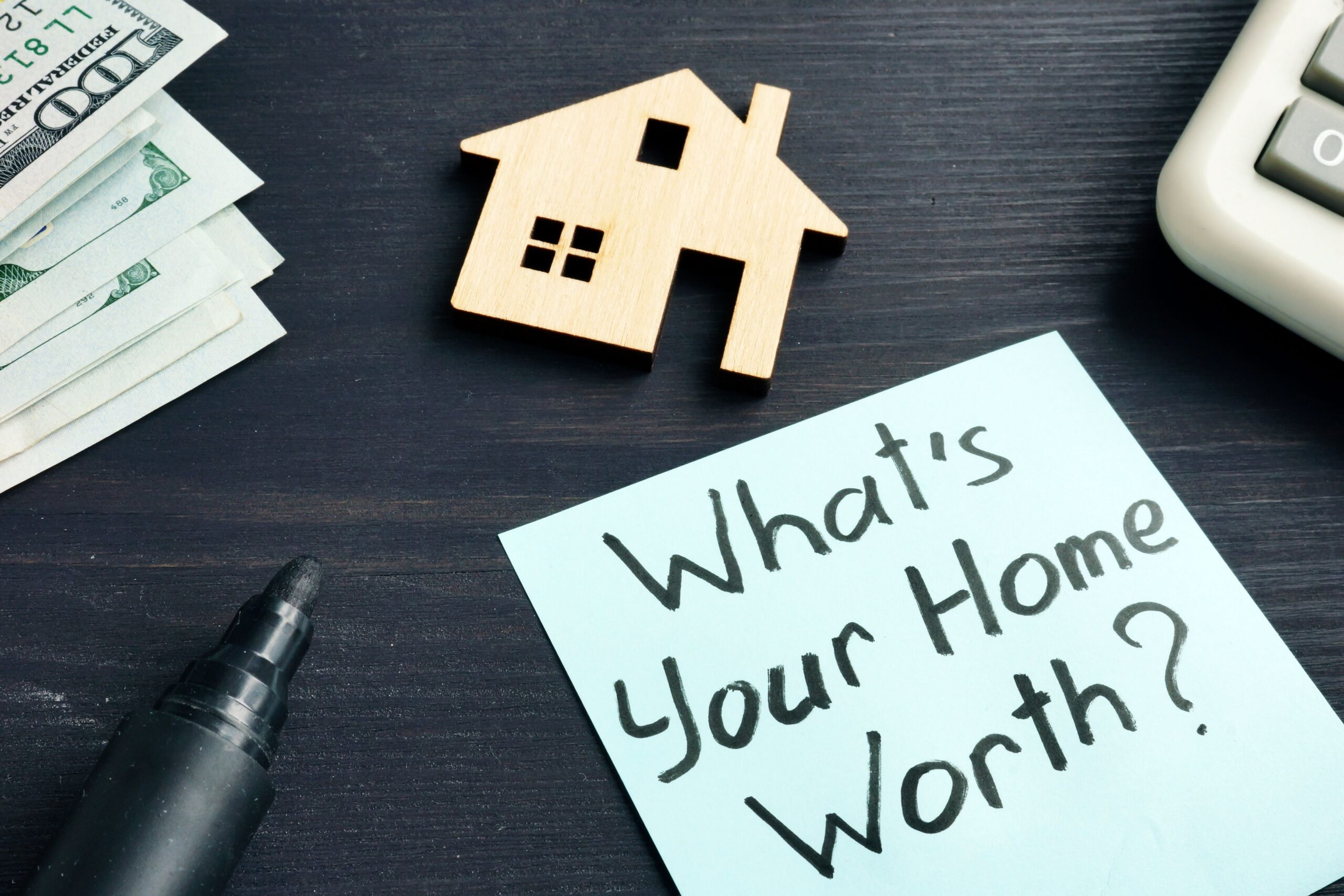
Home owners with equity in their property need to understand the implications of going bankrupt. Ultimately is your home at risk?
Included in this article:
- Negative equity – home unlikely to be at risk
- What if the equity in your property is low?
- Is your home at risk if the equity is high?
- What if house prices change?
Want advice about your house if you go Bankrupt? Give us a call (0800 077 6180 or complete the form below
Negative equity – home unlikely to be at risk
Where your property is in negative equity, the risk that you will lose it if you go bankrupt is low. The Official Receiver will not demand the sale of the property because there would be no financial gain in doing so.
However they do still retain a financial interest in your home. After 2 years and 3 months they will recalculate the equity. If it is still less than £1,000 at that time the financial interest is simply returned to you.
Where the value of the equity has become greater than £1,000 (but still less than £10,000) the Insolvency Service is likely to simply issue a charge against the property for an equivalent amount. The financial interest is then returned to you.
Your mortgage is not written off if you go bankrupt. You must continue to make your mortgage payments during the time the official receiver retains a financial interest in your property.
What of the equity in your property is low?
Where there is positive equity in your property but the amount is minimal, again the risk that you will lose your home is low. As a rule of thumb “minimal equity” is £10,000 or less.
In these circumstances the Official Receiver is unlikely to take any immediate action. However in the same way as if there was zero equity they retain a financial interest. They will revalue the property and recalculated the equity after 2 years and 3 months.
At that time if the equity remains below £10,000 they will invite you to pay an equivalent sum to buy back the financial interest. If you can’t they are likely to put a charge against the property for the equivalent amount. That can be repaid whenever you chose. However it will attract interest of 8% per year until it is paid.
During the 2 years and 3 months, you can buy back your interest at any point. However you must offer the same amount as the value of the equity in your property at the time.
Is your home at risk if there is a large amount of equity?
If there is a large amount of equity in your property then it will be at risk if you go bankrupt. As a rule of thumb, a “large” amount of equity is where your share is valued at anything over £10,000.
In these circumstances the Official Receiver is likely to pass the management of your case to a Trustee. The Trustee will require you to pay an amount similar to the value of your equity within 12 months. If you are unable to do this then they may start legal proceedings to force you to sell.
Given this where you have significant equity in your property, bankruptcy may not be a sensible option unless you can access a cash sum. If this is not likely to be possible you may be better off considering an IVA.
Where your share of any equity in your property is greater than £10,000, bankruptcy is unlikely to be suitable unless you can raise an equivalent sum within 12 months or you have decided to return your property to the mortgage lender.
What if house prices change after you go bankrupt?
If your share of equity is valued at less than £10,000 the Official Receiver will wait for up to two years and three months to decide what to do. At that time they will then get a new valuation of your property and recalculate the equity.
Where the amount at that time is still less than £1000 your interest is simply returned to you. If it has gone up and is now between £1000 and £10,000 (as a rule of thumb) you will have the option of paying an equivalent cash sum to buy back your interest. Alternatively the Official Receiver will issue a charge against the property for the value of your equity.
Where your equity is now greater than £10,000 the Official Receiver is likely to pursue the option of force selling the property unless you or a third party can offer an equivalent lump sum.
Bankruptcy may have serious implications for your home if you have equity. Contact us for further advice before making any decisions (0800 077 6180).
Arrange a call with a Bankruptcy Expert
Privacy Policy
Your information will be held in strictest confidence and used to contact you by our internal team only. We will never share your details with any third party without your permission.



can the OR value the property 15 months after being made bankrupt?
Hi Terry
Yes, the official receiver has up to 3 years from the date of bankruptcy to deal with the bankrupt person’s property. They can start this process at any point during that time and have to use a current valuation (no more than 3 months old) when calculating the equity of the property.
For this reason, it is always a good idea for the bankrupt person to try and buy back their financial interest in the property from the OR as soon as possible after they go bankrupt. This minimises the issue of equity growth if house prices are rising.
Hi
My bankruptcy ended 3rd Aug 2021, I just got a letter from the OR that there is a positive equity in my house so get a valuation done and contact us before 14th March.
Only I applied for the bankruptcy not my husband. Does he need to be present when OR decides to sell my property and put it onto sale if an state agent valuation shows a positive equity in the property, as he probably has to go abroad to visit his dad.
Hi Immi
First, remember if the property is owned in joint names with your husband, he owes 50% of any equity. The Official Receiver only has an interest in your share, not his.
The official receiver will can only make a decision on how to proceed when they understand the amount of equity in the property and therefore the value of your share. The first thing they will want to know is whether your husband or any other 3rd party can buy them out (ie pay them a cash sum equivalent to the value of your share).
Further action will only be taken if no-one can offer to do this. If the value of your equity is relatively small (perhaps £5-10k or less), they may then simply decide to put a charge on the property.
They would only look to sale the property if your share of the equity is larger. They would first hope you and your husband would do this willingly. If that were the case, I am sure your husband would have to sign various solicitors documents before a sale could proceed. If you or he are not prepared to sell willingly, the OR would have to get a court order to force the sale. This could take months. However ultimately if they had to go down this route, they would not need your husband’s agreement.
Clearly, this is a complex area. I would recommend that you give me a call so I can discuss the process and options in more detail to you – 0800 077 6180. The advise is free and confidential.